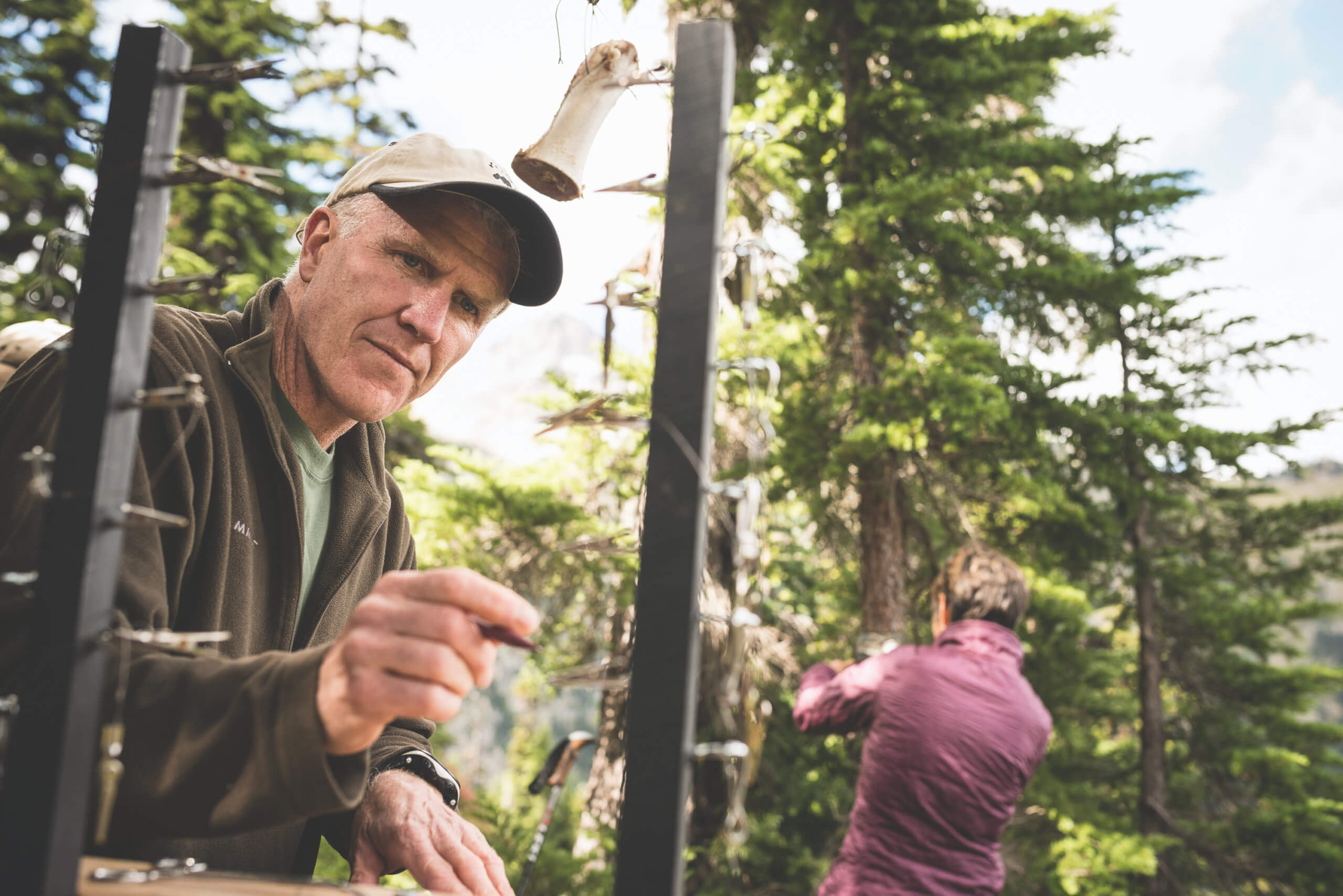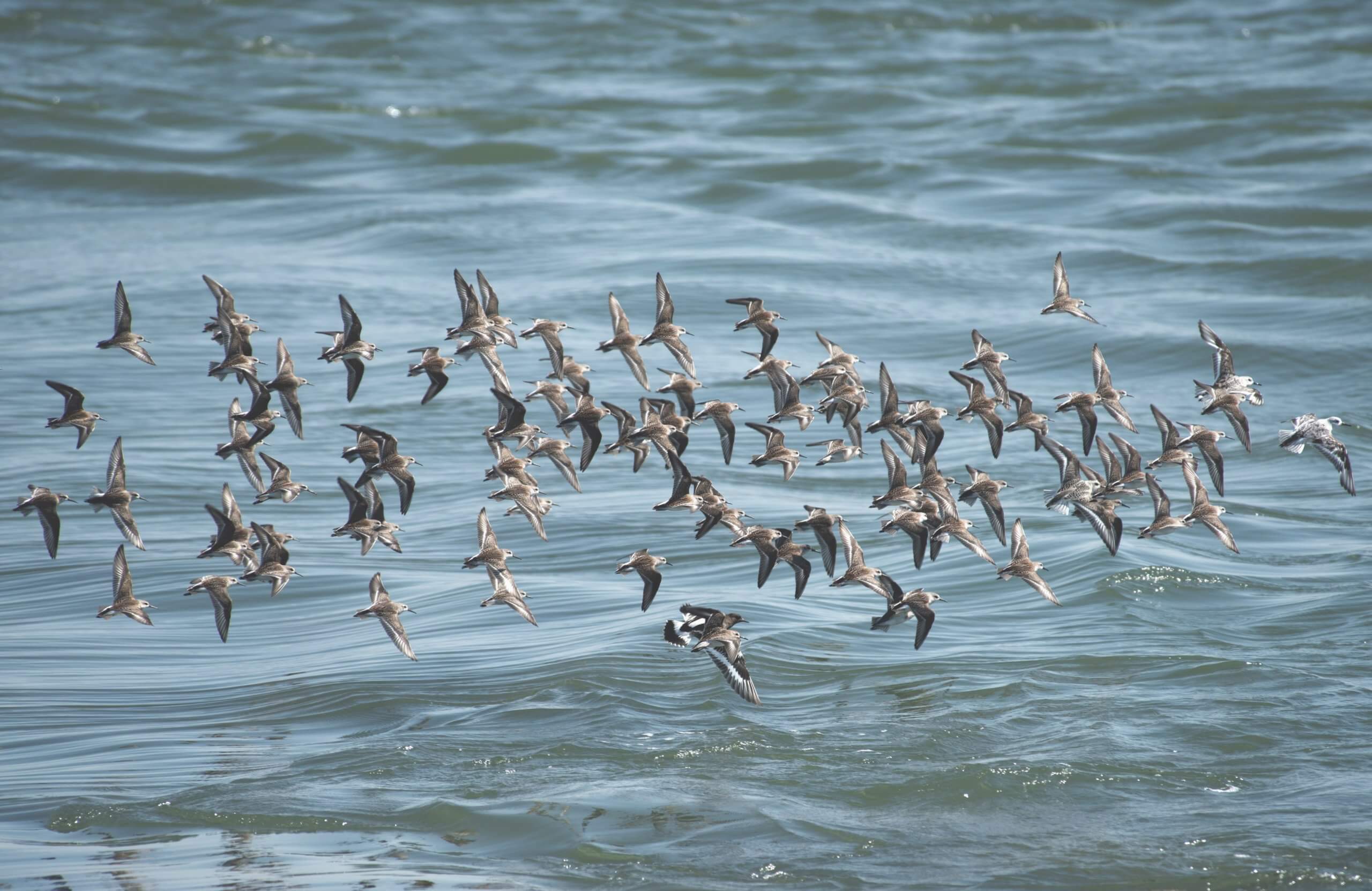When people are asked about their greatest fears, many often include public speaking. Something about looking out into a sea of faces hanging on your every word is universally terrifying. However, for me, it is the idea of a practice talk that causes borderline panic—although I’m only looking out into a small pond of faces, they are all intently focused on what I am doing wrong and how to fix it. But here’s the thing: Public talks don’t scare me. Why? Because I am ready. And why am I ready?
Because I have worked really hard to prepare.
Whether it’s a legislative briefing or a AAAS symposium, COMPASS requires the scientists we work with to commit to putting in the preparation time. Although we often work with already accomplished speakers, it still takes planning to make sure there is cohesion among multiple talks. After all, even talented musicians must rehearse before playing their first gig together. In the words of UC Santa Cruz marine ecologist Mark Carr, “The COMPASS prep calls prior to our panel presentation really helped to focus the messages of my presentation and linked my presentation with others to make a more cohesive suite of presentations and stronger messages.”
Our prep process generally involves lots of back-and-forth over email, as well as 2-3 conference calls with everyone participating in the event. As we evolve from setting the goals and framing everyone’s talks to dress rehearsals, scientists tend to go through the following three stages:
- Skepticism: ‘I give talks all the time! Why can’t I just throw together some slides on my flight the night before?’
- Overwhelmed: ‘So, you not only want me to practice and hone my talk in advance, but coordinate with the other speakers so there is consistency and flow among talks? Help!’
- Excitement: ‘I know I was skeptical at the beginning, but I can’t believe how far all of the talks have come! I’ve done this kind of thing a billion times before, but I have never been this ready or excited. Bring it!’
Of course, you can’t always have a team of experts by your side, but even on your own there is a lot you can do to prepare. The next time you are giving a talk in a session with other speakers, why not try reaching out to them ahead of time? And, if you are organizing a session, perhaps there’s a way you can facilitate this kind of interaction among the speakers? Even if you can’t pull together a dress rehearsal call, you can still trade emails about everyone’s take-home points and how the talks can reinforce and build from each other. I know this might sound like a lot of work, but the most consistent thing we hear after any COMPASS event is how connected and fluid everything seemed and how the audience was able to walk away with an understanding of the whole, rather than trying to piece together the parts.
And, in case you need even more motivation, think about the benefits that will carry forward long after the briefing or symposium has ended. In the words of Dr. Anke Mueller-Solger, the lead scientist for the Interagency Ecological Program in California who participated in a panel discussion on long-term monitoring and adaptive management last month: “Like many scientists, I struggle a lot with telling a story that will resonate with non-scientists and truly inform them. The interaction with the other panelists and feedback from COMPASS staff during the COMPASS prep calls helped me shape and tell a much better story. Interestingly, this also helped clarify my own thinking about my topic, so the prep calls may have also helped me scientifically.”
So, putting in the time to prepare will benefit your colleagues, your audience, and your science. I’m not a financial expert, but I’d say that’s a pretty good return on your investment.


